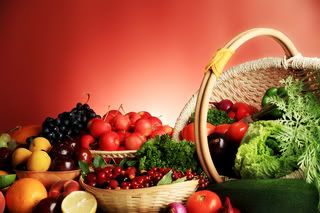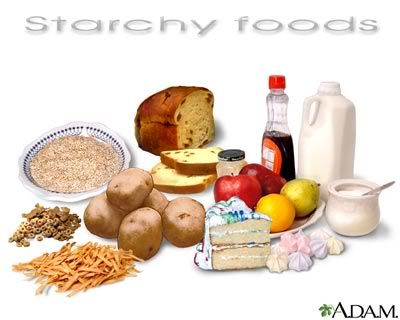First Day: (by-Heather Foti)
Breakfast: Two slices of whole wheat French Toast, topped with ½ cup fresh strawberries and ½ cup pure maple syrup.
Lunch: 1 ½ cup mixed greens with ½ cup nonfat dressing, and 1 quesadilla with organic turkey and non-fat cheese.
Dinner: 2 pieces of baked chicken, served over ½ lb. whole wheat pasta with tomatoes, eggplant, and basil.
Snack: 1 small apple with 1/3 non-fat cream cheese, ½ cup non-fat sour cream, and cinnamon.
Second Day: (by-Kate Hamomoto)
Breakfast: 2 whole wheat pancakes, organic blueberries, one cup organic vanilla yogurt, chocolate protein shake
Lunch: Tuna melt with lettuce and tomato on multigrain bread, one apple cut into slices, fresh squeezed orange juice
Dinner: Beef stir-fry, stir-fry consists of peppers, broccoli, sugar snap peas, carrots, onions and tomatoes, one glass of organic 1% Kirkland milk
Snack: Açai bowl with bananas and granola
Third Day: (by- Sarah Moore)
Breakfast: Fresh berries with low fat yogurt and granola, whole wheat toast, 8-oz glass of orange juice
Lunch: Ham and Cheese Sandwich (with lettuce), with whole wheat bread, and low fat cheddar cheese, cooked Broccoli (1 cup), 8-oz glass of skim milk
Dinner: Whole grain pasta (1-2 cup), organic tomato sauce (1/2-1 cup),organic ground beef (1-1 1/2 cup),organic green beans (1/2 cup), 8-oz glass of skim milk
Snack: Cooked Carrots (1 cup), one apple, 8-oz glass of water






